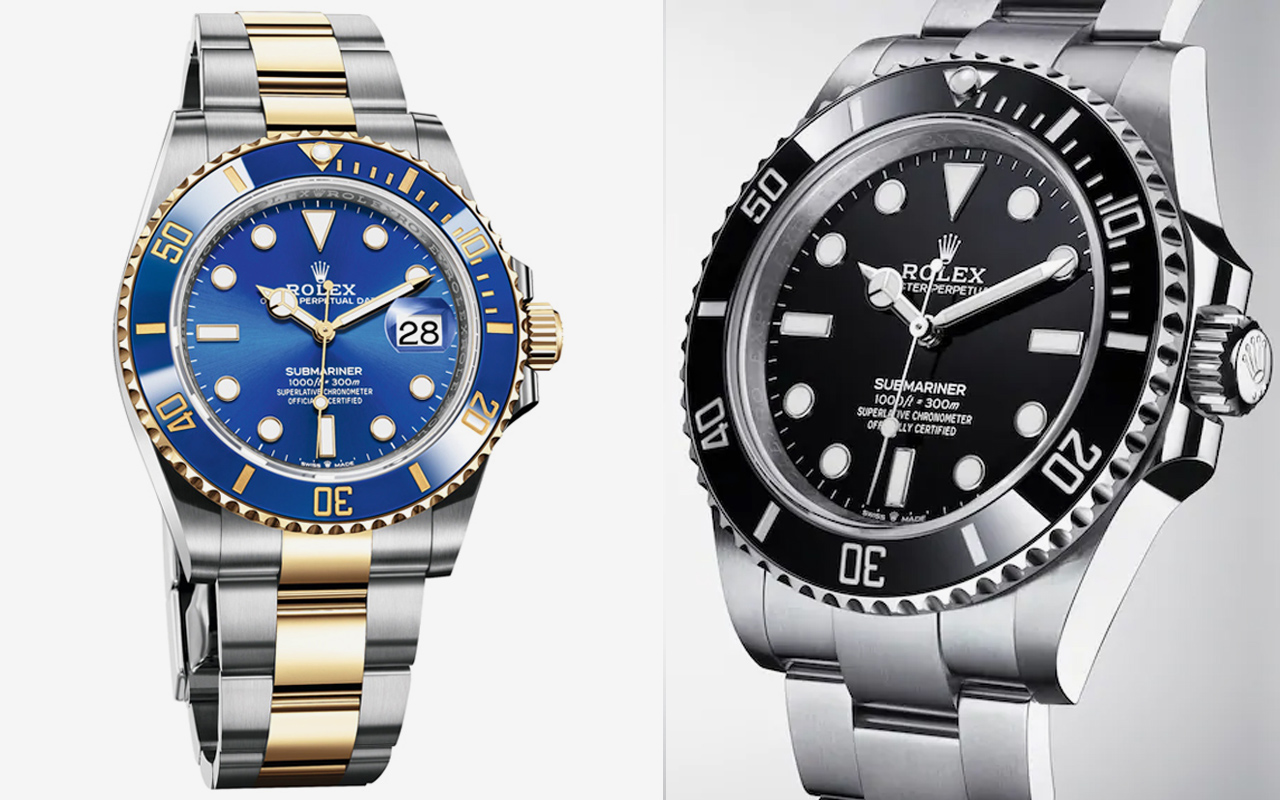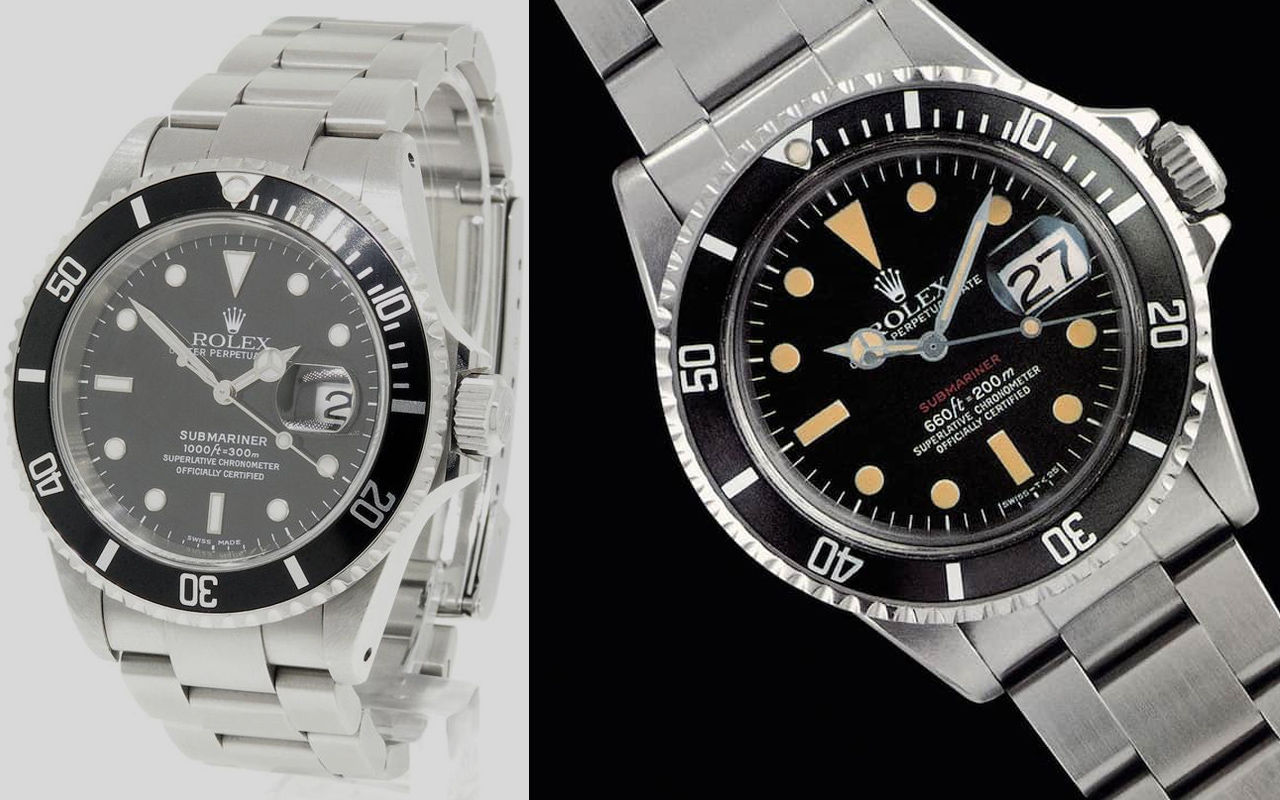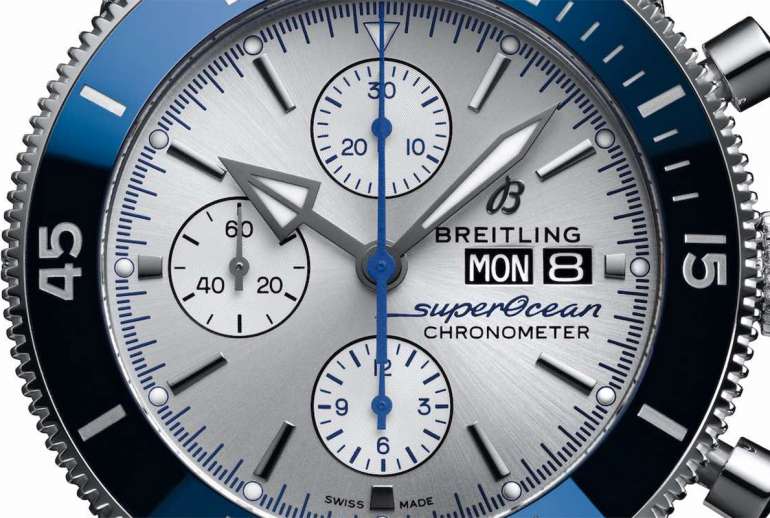Frankly speaking, wearing a Rolex is like entering the world of unlimited possibilities. You can find a Rolex on the wrists of artists, athletes, pioneers, and deep sea divers who wear it for more than just the luxury aspect. The horological giant has many breathtaking designs including some that can go to the deepest lengths of the ocean.
This is primarily because the Rolex’s journey began with the brand’s founder Hans Wilsdorf creating the Oyster, the first waterproof watch. It has over the years developed into a range of wristwatch including the Oyster Perpetual Submariner and Oyster Perpetual Submariner Date that are both the coolest divers wristwatches ever made.
Rolex recently introduced the new generation of Oyster Perpetual Submariner and Oyster Perpetual Submariner Date that exemplify the firm link between the watchmaker and the world of diving. Both the Subs now come in a never before 41mm case and are highlighted by the case sides and lugs – they now come paired with remodeled bracelets.
Diving in time

“When diving, being able to read the time with absolute certainty is a matter of survival,” staying true this belief they hold, Rolex began experimenting with waterproof watches long before the first Submariner was officially introduced in 1953.
The Submariner was introduced in 1922 and the Oyster was patented in 1926. The Oyster moniker was picked because the Sub would be like an oyster that can remain underwater for an unlimited time. This brought Wilsdorf into the watchmaking league, and the completely sealed watch case would hence be there to stay as long as today when it is more instrumental in design and ever more water-resistant.
In order to prove to the world the horological innovation achieved, Wilsdorf asked Mercedes Gleitze to wear the Oyster watch on her swim across the English Channel in 1927. After toiling and fine-tuning the design – Rolex then officially launched the Oyster Perpetual Submariner with rotating bezel in 1953 – it was the first divers’ watch that was waterproof up to 100 meters (330 feet).
Progressive 70s and counting

Most watchmakers would have taken this opportunity to sit back and chill, but Rolex preferred to make new milestones for itself. In just a year from launch the Submariner was already diving up to 200 meters (660 feet) under water. The model had also introduced a luminescent addition to the hour hand to distinguish it from the minute and seconds hands.
Six years down the lane, in 1960, an experimental Rolex made the first descend to the deepest part of the world – the Mariana Trench. A feat that was again repeated 62 years later by filmmaker James Cameron, who took an experimental Rolex to the bottom of Mariana Trench in 2012.
By 1969, Rolex was ready with the Oyster Perpetual Submariner Date, which featured a date function at 3 o’clock in addition to the time. By the year 1979 Rolex has already beefed the Oyster Perpetual Submariner Date with water-resistance of up to 300 meters (almost 1000 feet). The 2020 Submariner has waterproofing extended to a depth of 300 meters and it’s the same on the Submariner Date launched this year. Both the watches are powered by in-house automatic movements. These are self-winding models via a Perpetual rotor and feature a power reserve of approximately 70 hours.



